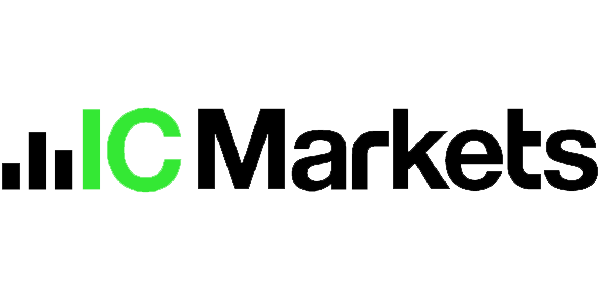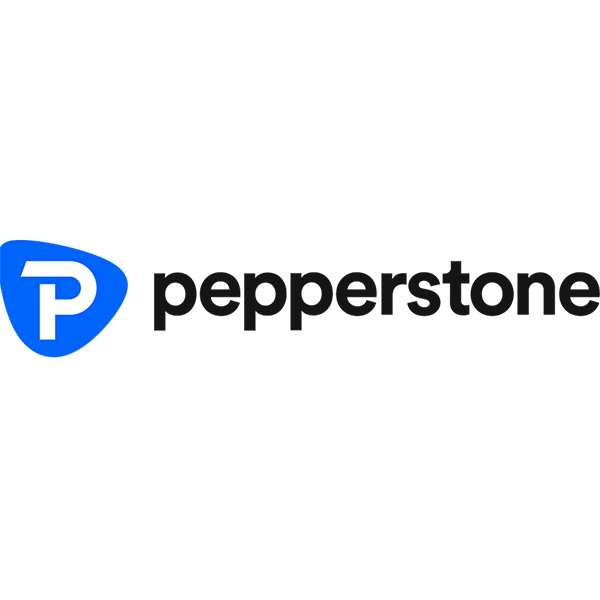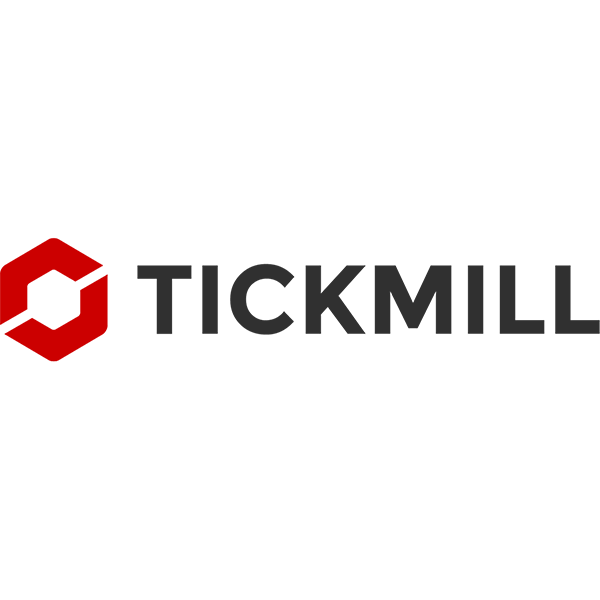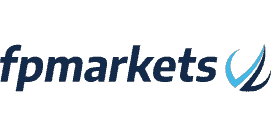- Popular Brokers with Competitive Conditions
- How to Choose the Right Broker
- Review Account Types and Fees
- What Makes a Broker Worth Considering?
- Regulation and Client Protection
- Order Execution Speed
- Payment Methods and Withdrawal Speed
- Educational Tools and Market Analysis
- Frequently Asked Questions
Popular Brokers with Competitive Conditions
The global online trading landscape continues to evolve, shaped by shifting regulations, technology, and access to leveraged financial instruments. While many companies offer services in forex, commodities, indices, and crypto CFDs, not all brokers deliver the same reliability or cost-efficiency. Choosing the right one often comes down to personal trading goals, platform preferences, and the trustworthiness of the company behind the platform.
To help with this decision, the following table compares some of the most well-regarded brokers based on account types, spreads, commissions, minimum deposits, and leverage. These brokers stand out for their consistency, regulation, and infrastructure that supports both beginner and professional traders:
| Commision | Instruments | Min Dep | Leverage | Platforms | ||
|---|---|---|---|---|---|---|
| $0–$3.5 per lot | Forex Indices Commodities Stocks Crypto | $5 | Up to 1:1000 | MT4 MT5 | ||
| From $3.5/lot | Forex Stocks Indices | $200 | 1:500 | MT4 MT5 cTrader | ||
| From $3.5/lot | Forex Commodities ETFs | $0 | 1:500 | MT4 MT5 cTrader | ||
| $0 (cost via spreads) | Forex Crypto Commodities Indices | $100 | Up to 1:400 | AvaTradeGO MT4 MT5 | ||
| $0–$2 per lot (depends on account type) | Forex Crypto Indices Stocks Commodities | $10 | Up to 1:2000 | FXTM Trader App MT4 MT5 WebTrader | ||
| $0 (spread-based) | Forex Indices Commodities Crypto Stocks | $250 | Up to 1:200 | IG Platform MT4 | ||
| From $1.5/lot | Forex Stocks Crypto | $10 | 1:2000 | MT4 MT5 R StocksTrader | ||
| From $2/lot | Forex Bonds Indices | $100 | 1:500 | MT4 MT5 | ||
| From $3/lot | Forex Stocks Metals | $100 | 1:500 | MT4 MT5 cTrader | ||
| From $2/lot | Forex Crypto Indices | $25 | 1:500 | MT4 MT5 WebTrader Mobile App | ||
| From $6 per lot | Forex Stocks ETFs Crypto Commodities | $100 | Up to 1:500 | MT4 MT5 Ctrader | ||
| $0 (spread-based) | Forex Stocks Crypto ETFs Commodities | $50 | Up to 1:30 | eToro Platform Mobile App | ||
| $0 | Forex Indices Commodities Stocks Crypto | $100 | Up to 1:30 | Proprietary Platform Web Mobile |
XM
XM
XM remains one of the most recognized global brokers, known for its focus on transparency and educational support. It operates under licenses from respected authorities such as CySEC, ASIC, and the FSC. The broker provides access to over 1,000 trading instruments, including forex pairs, commodities, indices, and stocks.
Key Features of XM:
- Minimum deposit starts from $5
- Leverage up to 1:1000 for certain accounts
- Spreads starting from 0.0 pips on XM Zero account
- MT4 and MT5 platforms supported
- Fast execution without requotes
Advantages:
- Wide selection of trading assets
- Free educational webinars and daily analysis
- Multiple base currencies supported
Drawbacks:
- Restrictions for traders from some regions
- No proprietary trading platform
IC Markets
IC Markets
IC Markets is widely considered one of the best options for scalpers and algorithmic traders. The broker’s infrastructure is built around low-latency servers and direct access to liquidity providers, ensuring execution speed and stability.
Highlights:
- ASIC, CySEC, and FSA regulation
- Average EUR/USD spread from 0.0 pips
- No dealing desk (NDD) model
- MetaTrader 4, MetaTrader 5, and cTrader platforms
Pros:
- Excellent conditions for automated strategies
- Transparent pricing with raw spreads
- Stable connection even during high volatility
Cons:
- Limited range of non-forex instruments
- Withdrawal fees for international transfers
Pepperstone
Pepperstone
Pepperstone has built its reputation as a broker with consistently low spreads and professional-grade infrastructure. It focuses heavily on execution quality and offers access to multiple asset classes through leading trading platforms.
Main Features:
- ASIC, FCA, and DFSA licenses
- Access to forex, indices, shares, and crypto CFDs
- Spreads starting from 0.0 pips
- Integration with MetaTrader 4, MetaTrader 5, and cTrader
Strengths:
- Reliable liquidity and fast execution
- Transparent fee structure
- Advanced risk management tools
Limitations:
- High minimum deposit for Razor accounts in some regions
- Limited proprietary research tools
AvaTrade
AvaTrade
AvaTrade has over 15 years of market presence and is one of the most regulated brokers in the world, holding licenses in multiple jurisdictions. It offers competitive trading conditions and a variety of platforms, including MT4, MT5, AvaTradeGO, and WebTrader.
Core Advantages:
- Global regulation: ASIC, FSCA, ADGM, FSA
- Fixed and floating spreads available
- Social trading through AvaSocial and DupliTrade
- Strong educational content for traders of all levels
Weak Points:
- High inactivity fees
- No direct market access (DMA)
FXTM
FXTM
FXTM (ForexTime) is known for its fast-growing client base and flexibility. The broker combines tight spreads, fast execution, and user-friendly platforms.
Features:
- Regulated by CySEC, FCA, and FSCA
- MT4 and MT5 available
- Cent, Standard, and ECN accounts
- Leverage up to 1:2000
Pros:
- Suitable for both beginners and professionals
- Tight spreads on ECN accounts
- Access to copy trading through FXTM Invest
Cons:
- Higher commissions on ECN accounts
- Limited range of cryptocurrencies
IG Markets
IG Markets
IG Markets is among the oldest and most respected brokers in the financial trading sector. Founded in 1974, it offers access to an extensive range of markets, from forex and commodities to indices, shares, and cryptocurrencies. Its stability and long history make it a preferred choice for institutional and retail clients worldwide.
Key Features:
- Regulated by FCA, ASIC, and FINMA
- Over 18,000 trading instruments
- Proprietary IG Trading platform and MT4
- Transparent fee policy with tight spreads
Advantages:
- Excellent market coverage
- Rich educational content and analysis tools
- Reliable execution even during peak hours
Disadvantages:
- Higher minimum spreads on minor pairs
- No cent account option
RoboForex
RoboForex
RoboForex attracts traders with its flexibility and variety of trading conditions. The broker supports both beginners and professionals with multiple account types and platforms.
Main Highlights:
- IFSC regulation
- MT4, MT5, cTrader, and R StocksTrader platforms
- 12,000+ trading instruments
- Leverage up to 1:2000
Pros:
- Excellent automation options
- Multiple account currencies and low entry threshold
- Instant execution on ECN accounts
Cons:
- Offshore regulation
- Inactivity fees after 3 months
Tickmill
Tickmill
Tickmill is a trusted broker for traders seeking low-cost trading with ECN execution. It provides institutional-grade liquidity and professional platforms for experienced clients.
Core Features:
- FCA, CySEC, and FSA regulation
- MT4 and MT5 supported
- Spreads from 0.0 pips
- Leverage up to 1:500
Advantages:
- Fast and transparent execution
- Low commission per trade
- Free VPS for active traders
Drawbacks:
- Limited choice of platforms
- No proprietary mobile app
FP Markets
FP Markets
FP Markets offers a powerful combination of tight spreads, fast execution, and reliable regulation. It is particularly popular among traders who use EAs and automated systems.
Main Features:
- ASIC and CySEC regulation
- MT4, MT5, and IRESS platforms
- Over 10,000 trading instruments
- Spreads from 0.0 pips
Strengths:
- Professional-grade ECN conditions
- Multi-platform support including web and mobile
- High transparency and reliability
Limitations:
- IRESS platform fees for share trading
- Limited crypto instruments
Octa
Octa
Octa (formerly OctaFX) is known for its simple structure and competitive pricing model. It appeals to retail traders seeking accessible trading conditions.
Features:
- Regulated by CySEC
- MT4, MT5, and OctaTrader platforms
- No commission accounts
- Spreads from 0.6 pips
Pros:
- Intuitive interface and easy registration
- Fast deposits and withdrawals
- Regular trading contests and bonuses
Cons:
- Limited product range outside forex
- No ECN account
Admiral Markets
Admiral Markets
Admiral Markets (now Admirals) combines advanced tools with educational materials for traders of all skill levels. It stands out for its comprehensive market access and user-friendly platform features.
Highlights:
- Regulated by FCA, CySEC, and ASIC
- MT4, MT5, and Admirals app
- Access to forex, CFDs, ETFs, and shares
- Tight spreads and fast execution
Advantages:
- Excellent analytical content and tutorials
- Negative balance protection
- Multiple base currencies supported
Disadvantages:
- Limited deposit options in some countries
- No cent accounts
eToro
eToro
eToro has become a household name thanks to its innovative copy-trading system. The platform allows users to replicate the trades of top-performing investors.
Main Features:
- CySEC, FCA, and ASIC regulated
- Proprietary trading platform
- Social and copy-trading features
- Over 3,000 instruments including crypto and ETFs
Pros:
- User-friendly and visually clear interface
- Suitable for beginners
- Free access to investor portfolios
Cons:
- Higher spreads than ECN brokers
- Limited technical tools for professional traders
Plus500
Plus500
Plus500 is a CFD-focused broker offering a clean, straightforward platform with reliable order execution. It is one of the most accessible brokers for beginners.
Key Points:
- FCA, ASIC, and CySEC regulation
- Proprietary Plus500 WebTrader
- Over 2,500 instruments across markets
- Negative balance protection
Advantages:
- Fast registration and clear interface
- Tight spreads on major pairs
- Fixed margin requirements
Disadvantages:
- No MT4 or MT5 platform
- Limited analytical tools
How to Choose the Right Broker
Selecting a trading broker involves more than just comparing spreads. A trader’s strategy, experience level, risk profile, and preferred assets all affect the final decision. A platform that suits one person may be inefficient for another. Instead of chasing marketing hype or high leverage, it’s more effective to evaluate a few technical and strategic points.
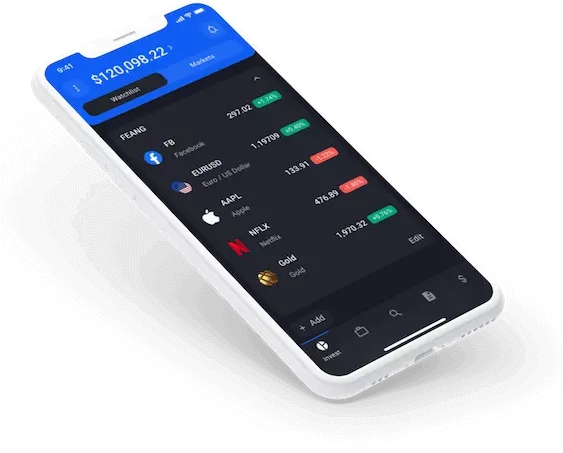
Define Your Trading Style
Before choosing a broker, it’s essential to understand the approach you plan to take. The trading style impacts almost every other decision — from the preferred account type to platform choice.
Types of trading styles:
- Scalping: Focused on small price changes over seconds or minutes. Requires fast execution and minimal spreads.
- Day Trading: Involves opening and closing positions within the same day. Prefers brokers with intraday data tools and flexible margin usage.
- Swing Trading: Trades last from a few days to weeks. More tolerant of wider spreads but needs solid charting and risk controls.
- Position Trading: Long-term strategies, less affected by daily spread fluctuations. Often better aligned with brokers offering portfolio tracking tools.
- Automated Trading: Relies on Expert Advisors or custom algorithms. Requires VPS access and compatibility with platforms like MT4, MT5, or cTrader.
A broker should match the style by offering the necessary tools, execution reliability, and risk management settings.
Review Account Types and Fees
Broker account types often differ in more than just spread structure. Traders should review all associated costs:
Key variables to consider:
- Minimum deposit: Starting balance needed to activate the account.
- Spread model: Fixed vs. variable. Raw spreads usually come with commissions.
- Commission per lot: Raw accounts often charge a fixed fee per side.
- Swap charges: Overnight positions may incur interest or swap-free status.
- Inactive account fees: Some platforms charge after months of inactivity.
Fee Comparison for Popular Brokers
| Broker | Account Type | Spread (From) | Commission | Swap-Free Option |
| IC Markets | Raw Spread | 0.1 pips | $3.5/lot | Limited |
| Pepperstone | Razor | 0.0 pips | $3.5/lot | Yes |
| RoboForex | ECN | 0.0 pips | From $2 | Yes |
Evaluating the long-term cost of trading is often more critical than focusing solely on tight spreads.
Understand Leverage Settings
Leverage can significantly impact account volatility and margin usage. While high ratios attract attention, they can also expose inexperienced traders to unnecessary risk.
Leverage overview:
- 1:30 to 1:100 – Common in regulated environments (Europe, Australia).
- 1:200 to 1:1000 – Found in offshore jurisdictions.
- 1:Unlimited – Available only in rare cases, with extreme caution.
Some brokers use dynamic leverage, reducing available ratios as position size increases. Traders should read the leverage policy carefully, including margin call and stop-out levels.
Tip: For beginners or those trading volatile assets like crypto, moderate leverage (1:50 to 1:100) provides more manageable risk exposure.
Check Market Access
Not all brokers offer the same instruments or depth of market data. Traders should verify that the assets they plan to trade are available with tight execution and realistic pricing.
Typical markets available:
- Forex pairs: Major, minor, and exotic currencies.
- Commodities: Gold, silver, oil, agricultural products.
- Indices: S&P 500, DAX, FTSE 100, Nikkei.
- Crypto CFDs: Bitcoin, Ethereum, altcoins.
- Stocks and ETFs: US, EU, UK-listed shares.
- Options and Bonds: Select brokers offer access to derivatives.
More advanced platforms may also provide access to DMA (Direct Market Access) or synthetic assets that replicate real market behavior.
What Makes a Broker Worth Considering?
Every broker markets itself as reliable, transparent, and feature-rich. However, a few practical areas often separate high-functioning platforms from generic ones. A good broker minimizes friction in order placement, risk handling, and fund movement.
Regulation and Client Protection
A broker’s regulatory status reflects the minimum legal and financial obligations they must follow. Trading with unregulated or lightly regulated entities may expose clients to operational or withdrawal risks.
Important regulatory bodies:
- FCA (UK) – Financial Conduct Authority.
- CySEC (Cyprus) – Cyprus Securities and Exchange Commission.
- ASIC (Australia) – Australian Securities and Investments Commission.
- FSCA (South Africa) – Financial Sector Conduct Authority.
- FSA (Seychelles), IFSC (Belize) – Offshore regulators with fewer restrictions.
Checklist for broker legitimacy:
- Clear registration number and license shown on the website.
- Client funds held in segregated accounts.
- Membership in investor compensation schemes.
- Transparent dispute resolution channels.
Choosing a regulated broker reduces the chance of unfair order manipulation or frozen withdrawals.
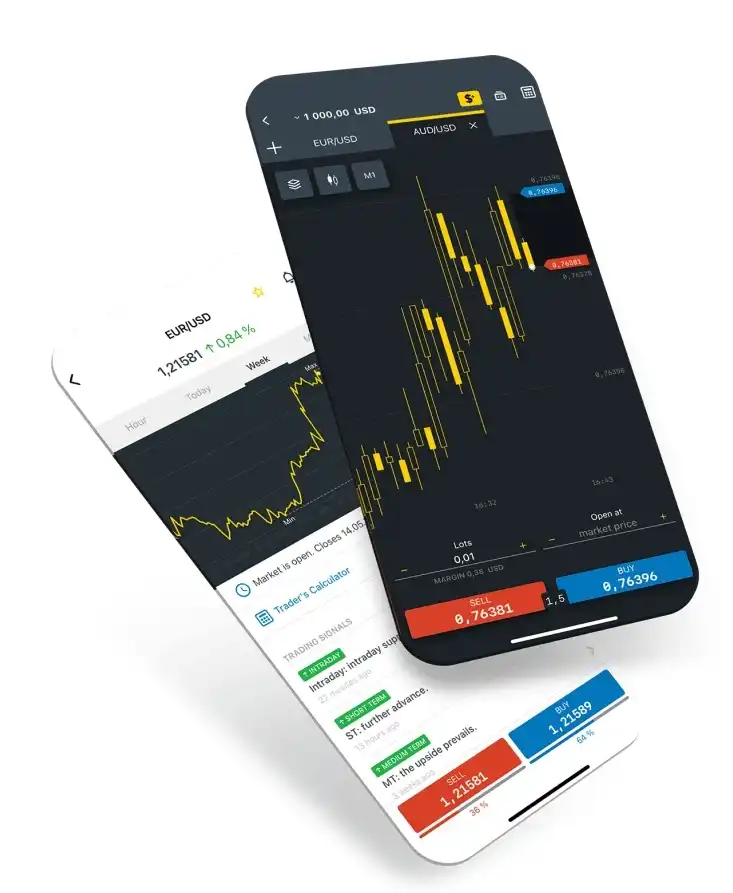
Trading Platforms and Features
Platform quality influences speed, analytics, customization, and overall user experience. Brokers often offer third-party platforms like MetaTrader or their proprietary solutions.
Popular platforms:
- MetaTrader 4 (MT4) – Lightweight, highly customizable, ideal for forex.
- MetaTrader 5 (MT5) – Supports more asset classes, better backtesting tools.
- cTrader – Offers Level II depth of market, advanced UI.
- Web-based platforms – No downloads required, but often limited in functionality.
Key platform features to assess:
- One-click trading
- Advanced order types
- VPS hosting
- Algorithmic trading support
- Integrated news and analysis
Spreads and Trading Costs
Consistently low spreads help reduce trade execution costs. However, traders should also account for slippage, commissions, and overnight fees.
Spread types:
- Fixed Spreads: Do not change with market volatility, but tend to be wider.
- Variable Spreads: Tight during stable periods but widen during news events.
- Raw Spreads: Near-zero, with commission added separately.
Spread widening during news releases or low liquidity periods can catch traders off guard. It’s recommended to test conditions using a demo or micro account before going live.
Order Execution Speed
Latency and execution methods affect how quickly trades are filled and at what price.
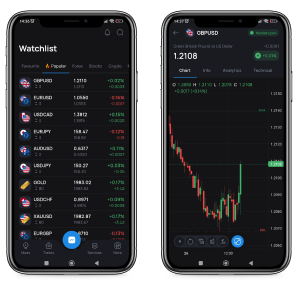
Execution types:
- Market execution: Fills at the next best price available. Minimal requotes.
- Instant execution: Attempts to fill at the requested price, but may reject or requote if slippage occurs.
- ECN execution: Matches trades against other market participants.
Fast execution is essential for scalping or high-frequency strategies. Brokers offering access to VPS and dedicated servers help improve latency for automated systems.
Payment Methods and Withdrawal Speed
Efficient fund handling makes trading smoother. Delays in withdrawal or hidden processing fees often frustrate users.
Considerations:
- Available deposit/withdrawal channels (cards, e-wallets, crypto).
- Processing time for both deposits and withdrawals.
- Minimum and maximum limits.
- Associated fees.
Some brokers process withdrawals instantly via automated systems, while others may take 1–3 business days.
Quality of Support
Responsive, knowledgeable client service reflects the operational discipline of a broker.
Strong support includes:
- 24/5 or 24/7 live chat.
- Email and ticket systems with SLA tracking.
- Multiple languages.
- Technical assistance for platform and withdrawal issues.
Test support responsiveness before opening a live account to measure reliability.
Asset Variety
Diverse product access allows traders to shift between markets based on volatility and macro events.
Asset classes worth considering:
- Major and minor forex pairs
- Spot and CFD commodities
- Global stock indices
- Corporate shares and ETFs
- Cryptocurrencies
- Futures and options (in select jurisdictions)
The more instruments available, the more adaptable the portfolio becomes.
Educational Tools and Market Analysis
Educational and analytical resources offer real-time insights that complement technical setups.
Common tools include:
- Daily or weekly market reports
- Economic calendars
- Technical indicators and signals
- Strategy webinars
- In-platform news streaming
For traders still refining strategy, these tools act as reference points for validation and adjustment.
Frequently Asked Questions
What should I consider when choosing the best broker for trading?
Choosing a broker isn’t just about looking for low spreads or high leverage. It’s about aligning the broker’s offering with your trading strategy, experience, and risk appetite. You need to assess how reliable the broker is under real market conditions, what kind of platform support they provide, and how transparent their pricing and withdrawal policies are. Regulation is also crucial, as it defines the level of client protection you’ll have.


